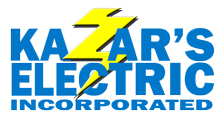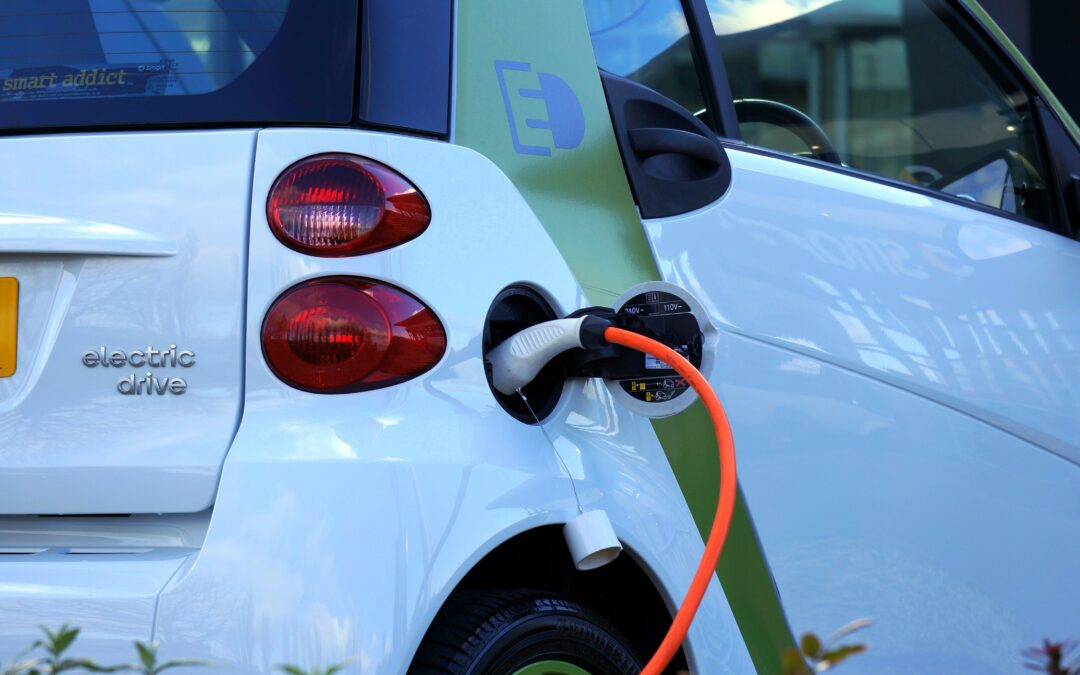As electric vehicles (EVs) continue to gain popularity, many homeowners are opting to install EV chargers at home for convenience and sustainability. However, preparing your home for an EV charger installation involves more than just buying the charger. It requires careful planning and consideration.
Continue reading to learn how to prepare your home for an EV charger installation, from assessing your electrical capacity to obtaining the necessary permits.
Determine Charger Type and Location
Start by determining your preference between a Level 1 charger operating at 120 volts and a Level 2 charger running at 240 volts. Level 2 chargers are faster and more common for home installations. Choose a suitable location for easy access to your charger, preferably near your parking area.
Check the Electrical Capacity
Before installing an EV charger, it’s vital to assess your home’s electrical capacity to confirm if it can accommodate the extra demand. Most EV chargers, especially Level 2 chargers, necessitate 240 volts and typically consume a range of 30 to 50 amps.
Check Your Electrical Panel
Locate your electrical panel or circuit breaker box, and note available empty slots for circuit breakers. If you have spare slots, it’s a good sign; otherwise, you might need an electrical panel upgrade.
Determine Available Amperage
Your main circuit breaker specifies the amperage capacity of your electrical service, usually 100 or 200 amps. Ideally, you should have at least 40-50 amps to accommodate an EV charger.
Consult an Electrician
Do you have any uncertainties about your residence’s electrical capacity or the need for an upgrade? In such cases, consulting with a licensed electrician for guidance is advisable. They can assess your system and recommend any necessary upgrades.
Select the Right Charger
Conduct thorough research and get an EV charger that is compatible with your specific vehicle, meets its operational requirements, comes with a dependable warranty, and is produced by a well-established manufacturer.
Hire a Licensed Electrician
To ensure a safe and compliant installation, hire a licensed electrician with experience in EV charger installations. They will make the necessary electrical upgrades and handle the wiring if required.
Obtain the Necessary Permits
Other permits you might need include the following:
Contact Local Authorities
Contact your local building or permitting department to inquire about the specific permits required for your EV charger installation. Regulations can differ between cities and counties.
Prepare the Required Documents
You’ll typically need to submit documents such as a site plan, an electrical diagram, and installation specifications as part of your permit application.
Pay Associated Fees
Make sure to have the necessary funds to cover any fees linked to the permitting process. Permit costs can fluctuate, so verifying the precise details with your local governing authority is essential. After submitting your application, you must wait for your permit to be approved.
Prepare the Site
Clear the area around the charger installation site. Ensure adequate space for the charger and that it’s free from obstructions. Your electrician will need access to the electrical panel as well.
Finalize Installation
Following a satisfactory inspection, your electrician will complete the installation. It includes securing the wiring, appropriately labeling the circuit, and establishing the connection between the charger and your vehicle.
Make your transition to electric vehicle ownership a breeze with Kazar’s Electric, Inc. Our expert team is ready to help install a state-of-the-art charging station in your Florida home. Contact us today and take the first step toward effortless EV charging at home.

